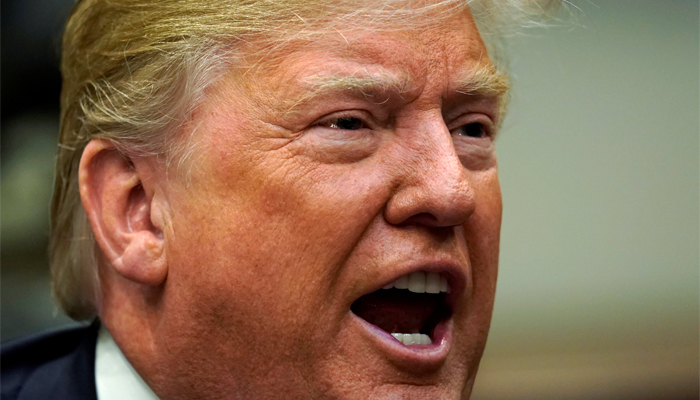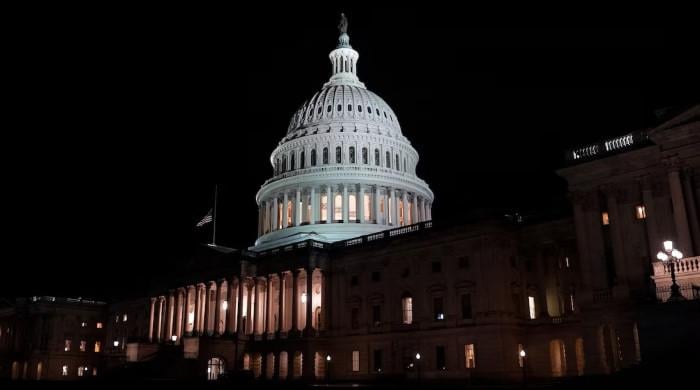Psychiatrist briefed lawmakers on Trump mental health: reports
Trump's 'dangerousness, the dangers that his mental instability poses on the nation,' Lee said
January 05, 2018

WASHINGTON: At least a dozen members of the US Congress — most of them Democrats — were briefed by a Yale University professor of psychiatry on US President Donald Trump's mental health, US media reported.
The briefing by Dr. Bandy Lee — the editor of The Dangerous Case of Donald Trump: 27 Psychiatrists and Mental Health Experts Assess a President — took place on December 5 and 6.
"Lawmakers were saying they have been very concerned about this, the President's dangerousness, the dangers that his mental instability poses on the nation," Lee told CNN.
"They know the concern is universal among Democrats, but it really depends on Republicans, they said," according to Lee.
"Trump is going to get worse and will become uncontainable with the pressures of the presidency," she told Politico.
All but one of the lawmakers briefed were Democrats, and Lee declined to identify lone Republican attendee.
Offering such an assessment of Trump's mental health appears to contravene the American Psychiatric Association's "Goldwater Rule," which "asserts that member psychiatrists should not give professional opinions about the mental state of someone they have not personally evaluated".
White House spokeswoman Sarah Sanders dismissed the remarks as "disgraceful and laughable".
If Trump "was unfit, he probably wouldn't be sitting there and wouldn't have defeated the most qualified group of candidates the Republican Party has ever seen", Sanders said, referring to the 2016 Republican primary field.
In the House of Representatives, 57 Democrats have cosponsored a bill that would establish a commission to determine "whether the president is mentally or physically unable to discharge the powers and duties of office".
The US Constitution provides for two ways to remove a president from office: the first is a dismissal by Congress, in which the House votes to impeach the president and the Senate votes to remove him.
The second is the 25th Amendment, which provides for the vice president to assume the office of "acting president" if the vice president and a majority of the cabinet determine that "the president is unable to discharge the powers and duties of his office".











